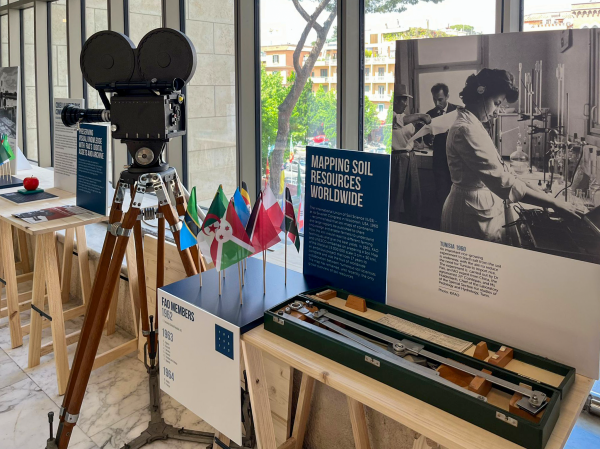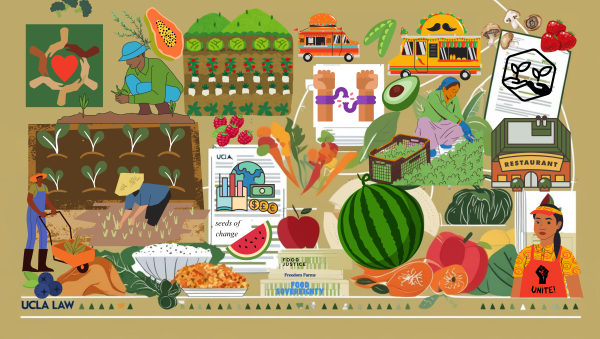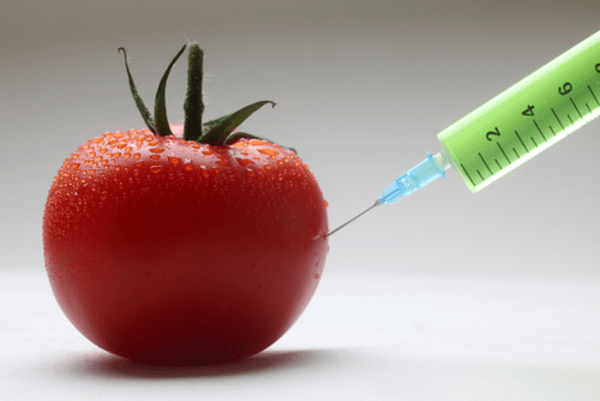Welcome to On Food Law, a food law and policy blog administered by the Resnick Center for Food Law and Policy at UCLA Law. This blog will be a forum for food law scholars, policymakers, media, the food industry, and the interested public to engage with and discuss research in and ideas about food law and policy.
Food is, at once, the most personal and the most political. Food affects all of us and the law affects all of food. The things we eat, from morning coffee to late night snack, come to us as they are as the result of an elaborate web of legal regulations. On Food Law’s goal is to build an understanding of the law of food, and ultimately improve both the law and our food.
We hope to foster and amplify the conversation among the many stakeholders, including industry, activists, academics, and politicians. Our authors will include members of the Food Law Lab, Resnick Center, Harvard Law, and UCLA Law faculty, staff, and students, as well as other scholars, policymakers, and individuals with ideas that may affect the food system. We will also cross post to other blogs and relevant publications.
We would like for this blog to be a place of thoughtful discussion, and although our default is no comments, we will consider opening specific posts to comments or publishing responses. Please see our policies.
Finally, please join the discussion, share what you see here, and stay in touch. Follow us on Twitter at @UCLAFoodLaw and @thefoodlawlab, or email us at resnickprogram@law.ucla.edu, info@foodlawlab.com, or winters@law.ucla.edu.










You must be logged in to post a comment.